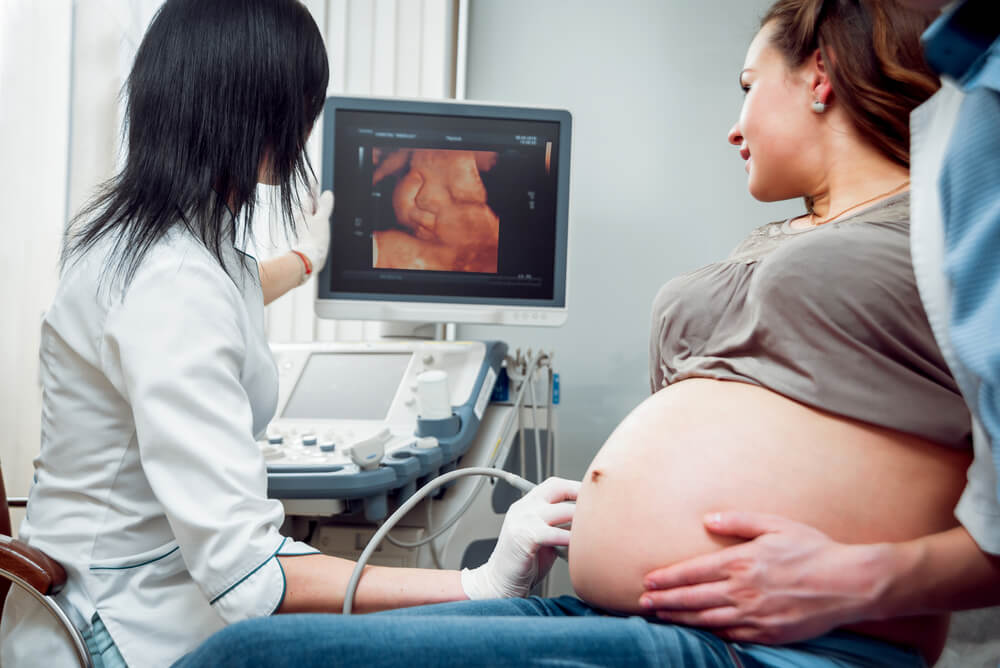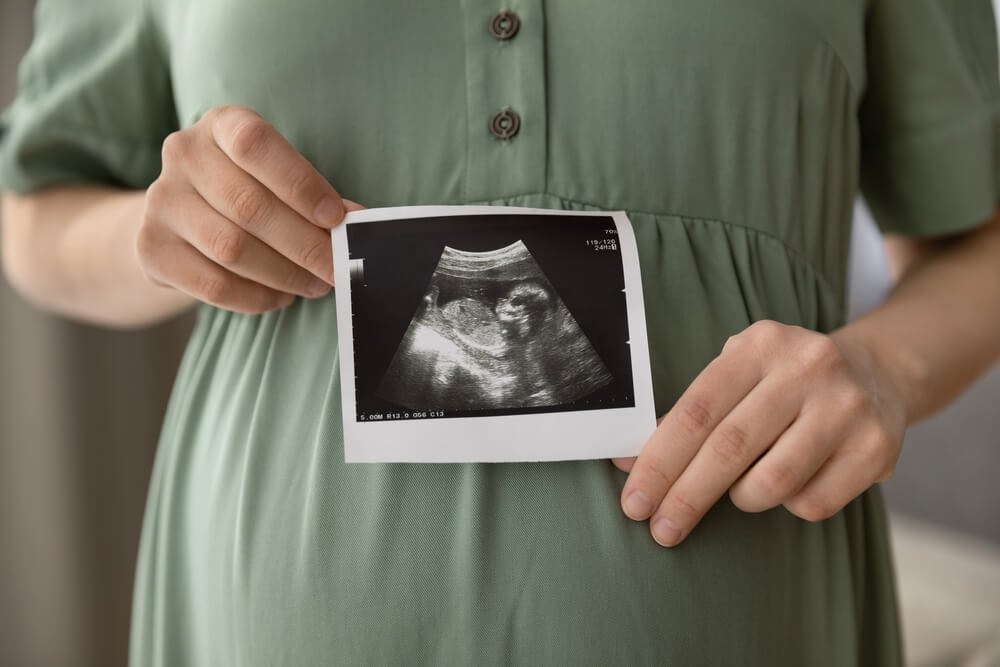Everything about pregnancy can be exciting, especially for first-time mothers. Everything is new and sensational, and even a bit frightening, from the first ultrasound to finally being able to see your baby. And one of the most powerful feelings you can experience is the kick from your child. The first kick is always the most exciting, but every next one is as essential, even the baby movement before labor.
The kicks are a sign and a reminder that life is growing inside of you and that soon you’ll be able to see your baby and have a chance to hold it. Also, these movements are a significant part of pregnancy, and they should be monitored closely. You are the one that should be monitoring them, but also your obstetrician. If you are looking for baby monitoring in Jacksonville, keep reading this article. We will share all of the information you should know regarding baby movement, also known as quickening.
When Does Quickening Start?
The first sign that your baby is growing will be a tiny kick, a micro signal that it’s there and growing. Of course, it’s something many parents impatiently wait for, and they need to wait for at least 16 weeks. However, not every baby starts moving immediately, as the activity starts between 16 and 25 weeks of pregnancy. And for first-time mothers, the probability of feeling the baby move is closer to 25 weeks. And women that were pregnant before can feel it a lot earlier, even around 13 weeks.
It’s common for women not to notice quickening, especially when the baby starts moving in the first weeks. So, it’s nothing alarming if you don’t feel it, especially if you are not close to 25 weeks. However, you should closely monitor it, and you should know that it’s best to be still and quiet if you want to sense anything.

What Does Quickening Feel Like?
There are many descriptions of this occurrence, and every mother describes it differently. The first time your baby moves, it’s possible that you won’t even notice it, or you’ll think it’s something else happening.
But to answer what it feels like, we can quote many pregnant women that said that they felt an exciting sensation or something that felt like butterflies. In comparison, others described it as slight tumbling motions and tense twitches.
If you decide on having a second baby, you’ll have more experience, and you’ll also be more capable of distinguishing the movement from other things happening in your body.
During the second and third trimesters, you’ll be able to differentiate the quickening and feel real kicks that can even be slightly irritating. Also, you should know that baby movement before labor is different than during pregnancy and that most times, it’s not a pleasant feeling. And you know the basics of what does quickening feel like.
How Often Does the Baby Move?
Maybe you thought about can a baby move too much or little, and you are struggling with the answers. The baby won’t be moving all of the time in the early months, and you’ll feel the activity now and then. But as time passes and the little one grows more significant, the kicks will be more frequent and even more substantial. And believe it or not, research says that babies move around 30 times every hour by the third trimester.
It’s also good to notice that there are times during the day your baby will be moving more, while during other parts, it will be still. But one thing that seems like something many future mothers can’t accept is that your child doesn’t sleep at the same time you are. That’s because babies also sleep and aren’t active all of the time. The time they are the most active is when many people tend to go to sleep, and it’s between 9 in the evening and 1 in the morning.
It would help if you also remembered that some of the movement could be a response to noise, sounds, and touch.
Can Baby Move Too Much?
First-time mothers are always more curious about the baby’s activity, and many have questions such as whether can baby move too much and should they monitor it.
In most cases, the motions you are sensing are typical, and your bundle of joy is not moving too much. However, once you notice the little activity, it would be good to start monitoring it.
Every child is different and has its movement patterns, and it’s good to keep track of them and familiarize yourself with their frequency and intensity. You can start counting the kicks; however, you should not obsess about them. Counting is not easy; it can be tiring, and it’s not reliable. Also, it can be challenging to do it if you are expecting twins, as you can’t differentiate which one is kicking.
The important thing is to monitor them, and if you notice that the kicks have stopped or the quickening is not as often as it is usually, you should contact your ob-gyn. Also, if the baby movement before labor is not present, it can be an alarming issue.
If you want to keep track of the kicks, you should focus on the period of the day when your baby is most active. Also, it’s essential to be still and preferably in a quiet room in a sitting or lying position. What’s important is to note if there were at least ten movements in the time frame of 2 hours. If you didn’t feel it, you should contact your ob-gyn or midwife.

When to Call the Doctor?
We’ve already mentioned it, but let’s say it once more. Keeping track of your little one’s activity levels is essential as it can eventually save its life if something wrong happens. If there is a problem, the baby will reduce the kicks and jabs in most cases. The moment you should be calling your health care provider is if:
- If you don’t feel ten movements in 2 hours
- If the activity slowed down significantly
- There has been a change in the movement pattern
It’s also good to keep in mind that you shouldn’t panic if you don’t feel anything around the 25th week of pregnancy, especially if it’s your first time. Every baby is unique and different, and some move more while others move way less. In most cases, your little one is growing at its own pace, and it will start moving eventually closer to the due date.
Additionally, babies tend to move less once they have less room in the womb after the 32nd week.
Final Words
Whether this is your first time being pregnant or you’ve been through this experience before, you should enjoy the sweet moments, such as your baby’s first time moving and its first kick. Besides that, it’s vital to observe the patterns of movement so that you can notice if anything unusual starts happening. The lack of activity in the later months, especially if the movement was there before, can be a sign of a problem, and you shouldn’t ignore it. The sooner you notice something, the better, as it will be easier to solve the problem.
If you have any more questions about this topic and would love to know more, you can contact us and book an appointment where we can answer all your questions. Here at Trogolo Obstetrics and Gynecology, our priority is your and your baby’s health, and we will do anything to help you maintain your well-being as best as possible.


